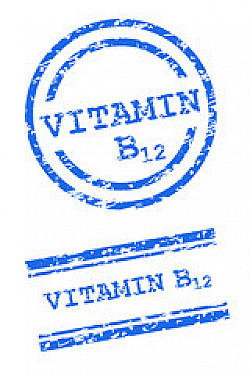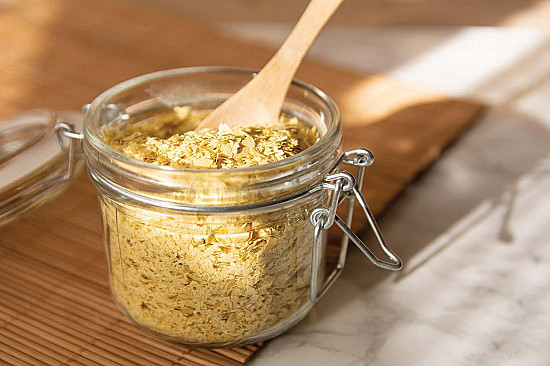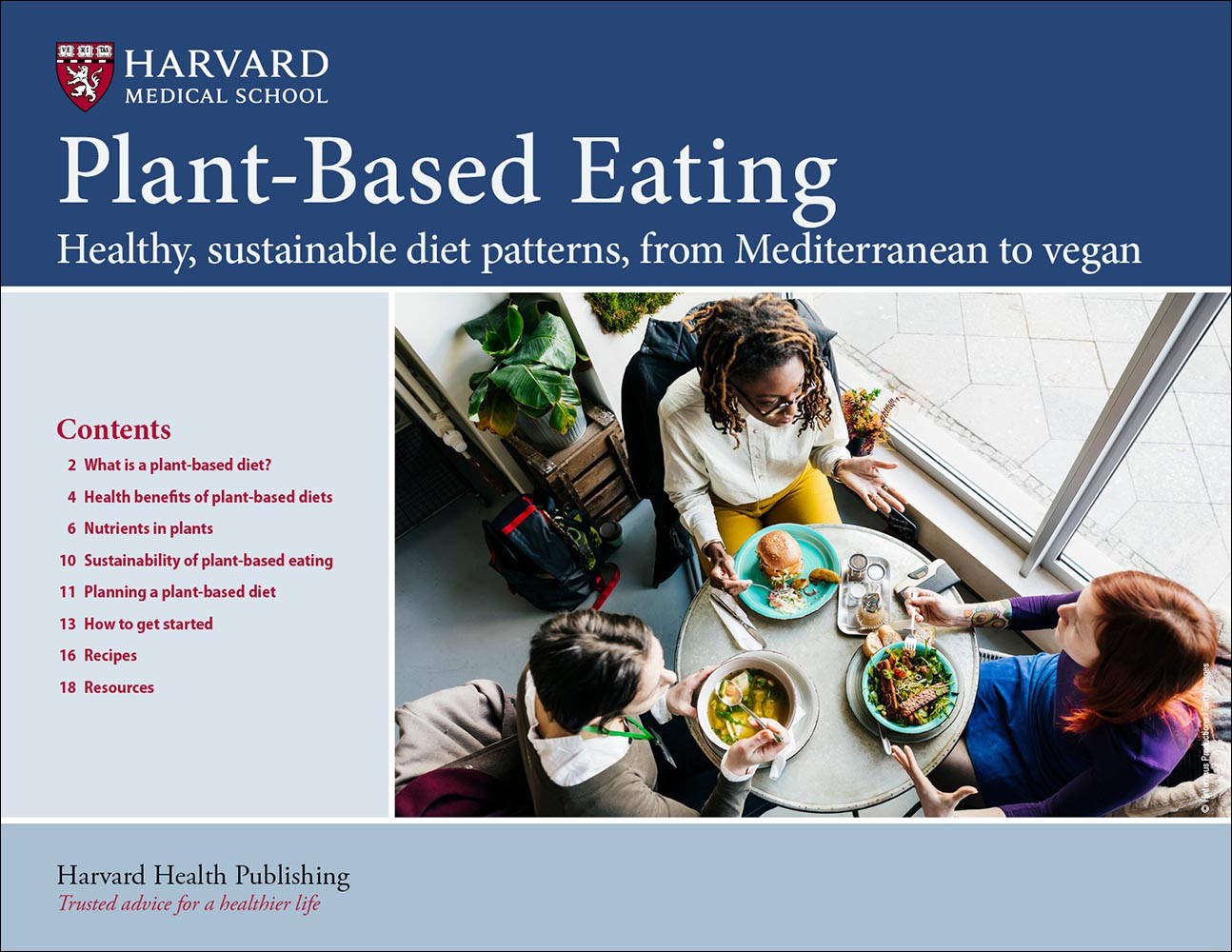Eating more fruits and vegetables may prevent chronic kidney disease
In the journals
- Reviewed by Howard E. LeWine, MD, Chief Medical Editor, Harvard Health Publishing; Editorial Advisory Board Member, Harvard Health Publishing
 Eating a plant-based diet that includes a variety of fruits and vegetables has been shown to help lower high blood pressure. But can these foods also protect against worsening of chronic kidney disease in people who already have high blood pressure? To find out, researchers recruited 153 participants with both high blood pressure and chronic kidney disease. Kidney disease was confirmed by high levels of albumin in their urine. Albumin, a protein found in the blood, can pass into the urine when a kidney is damaged.
Eating a plant-based diet that includes a variety of fruits and vegetables has been shown to help lower high blood pressure. But can these foods also protect against worsening of chronic kidney disease in people who already have high blood pressure? To find out, researchers recruited 153 participants with both high blood pressure and chronic kidney disease. Kidney disease was confirmed by high levels of albumin in their urine. Albumin, a protein found in the blood, can pass into the urine when a kidney is damaged.
The researchers theorized that eating more fruits and vegetables could help lower a person's dietary acid load, which not only helps lower blood pressure but can also reduce stress on the kidneys. Participants were divided into three groups. People in one group added two to four cups of fruits and vegetables to their daily diet. Those in another group took a regimen of acid-reducing sodium bicarbonate tablets, often prescribed in people with CKD. People in a control group received standard medical care.
The fruits eaten included apples, apricots, oranges, peaches, pears, raisins, and strawberries. Vegetables mainly consisted of carrots, cauliflower, eggplant, lettuce, potatoes, spinach, tomatoes, and zucchini.
After five years, the people in both the fruits and vegetables group and the sodium bicarbonate group had less damage to their kidneys compared with the control group. Moreover, those in the fruits and vegetables group also had better blood pressure readings, lower LDL (bad) cholesterol levels, and healthier body weights. The study was published online Aug. 5, 2024, by The American Journal of Medicine.
Image: © Monkey Business Images/Getty Images
About the Author

Matthew Solan, Former Executive Editor, Harvard Men's Health Watch
About the Reviewer

Howard E. LeWine, MD, Chief Medical Editor, Harvard Health Publishing; Editorial Advisory Board Member, Harvard Health Publishing
Disclaimer:
As a service to our readers, Harvard Health Publishing provides access to our library of archived content. Please note the date of last review or update on all articles.
No content on this site, regardless of date, should ever be used as a substitute for direct medical advice from your doctor or other qualified clinician.
















